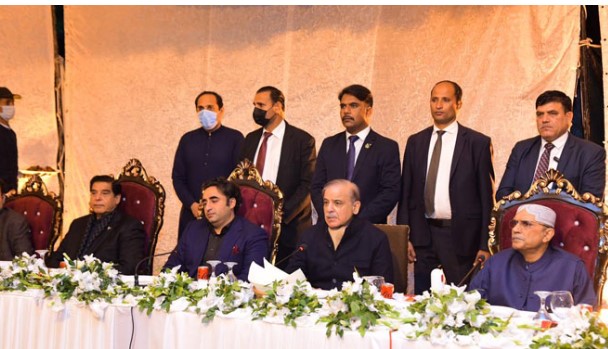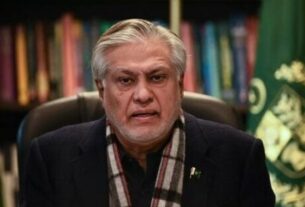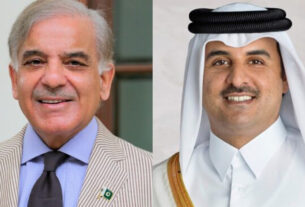1. Time
Pakistan is facing major political instability. Many citizens doubt the credibility of the current government, which took office under disputed circumstances. Concerns over the fairness of the elections have triggered frustration and protests. This article discusses public reaction, Imran Khan’s influence, and the importance of legitimacy in governance.
2. The Crisis of Legitimacy
The new government, led by Prime Minister Shehbaz Sharif, came to power through contested elections. There are widespread claims of vote manipulation. These concerns are not just local; international bodies like the Commonwealth and EU have also raised questions about the election process.
3. Public Outrage and Demand for Change
Many people have rejected the election results. Social media is filled with posts challenging the government’s authority. Citizens are demanding new elections. It’s clear that the current government is losing public support quickly.
4. Imran Khan’s Enduring Influence
Although no longer in power and currently imprisoned, Imran Khan still holds strong support. Many believe he is the rightful leader. Government efforts to silence him have only strengthened his supporters’ resolve.
5. Potential Consequences
If the public’s concerns are ignored, unrest could grow into widespread violence. Only free and fair elections, along with transparent governance, can restore stability and public trust.
6. A Call for Unity and Democratic Integrity
Pakistan’s leaders must engage with the people. They need to admit mistakes and commit to clean elections. Only then can trust be rebuilt and democracy strengthened.
7. Conclusion
Pakistan stands at a crossroads. The government’s response to public demands will shape the nation’s future. Whether through new elections or reforms, listening to the people is now essential.
Also Read: Highlights from Maryam Nawaz’s First Day as Chief Minister




